Elderberry Benefits and How to Make Elderberry Syrup
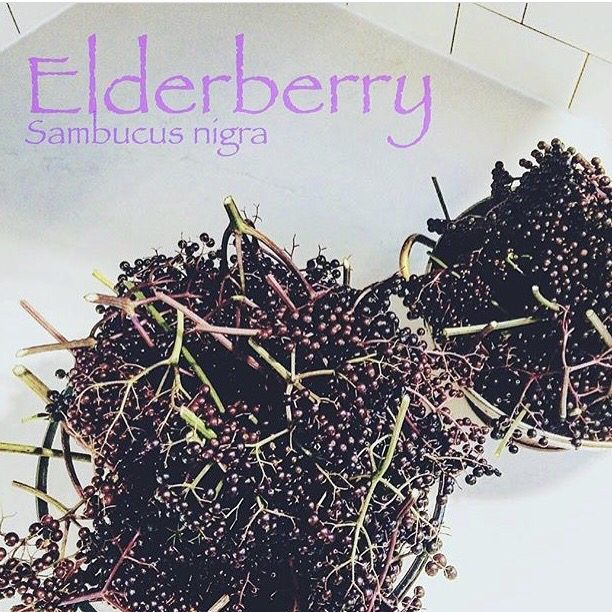
Sambucus Nigra (known by the common name of Black Elderberry)
Elderberry (Sambucus Nigra) is a well-known medicinal plant known for its immune-boosting abilities and its beneficial support of the upper respiratory tract. It is also super high in antioxidants and vitamin C, and it tastes delicious! Varieties of Sambucus grow all over the US, Europe, and Australia, but the black elderberry variety is the one prized for its health benefits. Elderberries are the fruit of the flowering Sambucus plant.
I love making things with this medicinal plant because it tastes so delicious and versatile. In the past, I have even made a cordial and a simple syrup out of fresh flowers. I also experimented with making tinctures, syrups, gummies, and cough drops. Despite all these great ideas, I have to say that my go-to recipe is elderberry syrup.
*If you are foraging or growing your own, please use caution and make sure you are identifying correctly, as they do not all have the same medicinal benefits as the black variety.
Benefits of Elderberry
Elderberry, the dark purple fruit with rich historical use, offers various potential health benefits. It is recognized for its immune-supporting properties, attributed to its abundance of antioxidants and vitamin C, which may enhance immune function and potentially reduce the duration of colds and flu. Additionally, elderberries contain compounds with anti-inflammatory effects, suggesting a role in mitigating overall inflammation in the body. Packed with essential nutrients such as fiber, vitamins (A, B, and C), and minerals (potassium and iron), elderberries contribute to overall health.
Studies have indicated potential positive effects on heart health, including the reduction of cholesterol levels and support for cardiovascular function. Furthermore, elderberries exhibit antiviral properties, with compounds that may inhibit the replication of certain viruses, making them valuable for managing respiratory infections. The natural diuretic effects of elderberries promote the elimination of excess fluids from the body, supporting kidney function.
High in antioxidants
Aids digestion
High in Vitamin C
Safe for children
Helps to shorten the duration of flu and cold
Good for upper respiratory health
Mildly laxative, diuretic and diaphoretic (inducing perspiration)
How To Make Elderberry Syrup
INGREDIENTS
1 cup dried black elderberries ( if you have access to fresh or frozen increase to 1 and 2/3 cups)
3.5 cups water
2 TBSP. Fresh ginger
1/2 tsp. Crushed cardamom pods (optional)
1 tsp. ground cinnamon
1 tsp. raw honey
All herbs- ginger, cardamom, and cinnamon are optional)
PROCEDURE
Pour the water into a medium saucepan with the elderberries, ginger, cardamom, and cinnamon.
Bring to a boil and then cover and reduce to a simmer. Let the herbs simmer for about 45 minutes or until the liquid has reduced by half.
Remove from heat and let cool.
Pour through a mesh or fine metal strainer. Make sure to press the berries to get all the liquid out!
Discard the cooked herbs add in the honey and mix until combined.
When the mixture is combined completely you can put it into a glass container to store. A quart-sized Mason jar will work well.
Store your elderberry syrup in the fridge.

Elder Flower
Tips
Please note that dosage varies for adults and children. Children should be taking only 1/2 tsp and adults 1/2 to 1 tbsp.
Raw honey is not advised for children under one years old.
This is not medical advice just a simple recipe on how to make an herbal syrup. Please check in with a well-versed healthcare practitioner to see if Elderberry is right for you!
Fireside tonic has been used in natural medicine to help ward off colds and boost digestion. This article offers an east to follow recipe.
Quick pickles are some of my fav dishes- Heres an easy recipe for pickled Daikon Radish!
This simple tea recipe talks about the benefits of goji, da zao, and longan tea, with an easy delicious recipe for vitality and beauty!
This recipe is for turmeric paste, an amazing way to prepare turmeric to make easy and potent lattes, curries, herbal remedies.
This Refreshing Cucumber Salad with rice wine vinegar offers a perfect balance of tangy, sweet, and savory flavors, with a hint of sesame and garlic for a light yet flavorful side dish.
This recipe is for a quick pickled onion, which makes a delicious and healthy addition to many dishes.
Thie quick recipe makes a delightful gingery spinach side dish to accompany any meal.
Learn about Kidney Yang Deficiency in Traditional Chinese Medicine, including signs, symptoms, food choices, and lifestyle tips to restore balance and vitality. Discover a warming recipe to support Kidney Yang health.
Discover how acupuncture can calm your mind, balance your body, and support lasting relief from anxiety. Learn what to expect in a session, how it works, and why more people are turning to this natural solution for modern-day stress.
Read along for some simple tips to align with the Springtime.
This article explains the Liver Organ System in Chinese Medicine.. and goes into detail about its functions and importance upon governing the smooth flow of Qi, and hence overall well-being.
This article explains the importance of the fascial network and ways to access it for better health.
This article explains how to perform moxa safely at home.
Intro to Red Light Therapy (RLT) and its benefits when used in conjunction with acupuncture.
This article explores the mind-body connection in Chinese Medicine, a concept known as the Shen. It helps explains the 5 aspects of the Shen and their links to Organ Systems and meridians.
Product Review of Dose for your Liver, a tasty herbal elixir.
Traveling the world with children is such a rewarding experience, albeit sometimes stressful. Being prepared with natural remedies and a proper first aid kit is essential!
In this article, we dive into the essence of the San Jiao and its significance as three distinct divisions, and one complete system, of the body.
This article explores what Chinese Medicine teaches us about aging gracefully, and the important role of food, herbs, and exercise in maintaining vitality and well-being as we age.
Spleen Qi Deficiency is a very common imbalance in Chinese Medicine. This article explains what that means, and what to do about it. It offers lifestyle suggestions as well as food choices, while giving an extensive overview of the theory attached from TCM.
The Stomach Bug can be quick and dirty. Here are some natural options to help soothe.
The Elimination diet is the “gold standard” when it comes to figuring out food sensitivities. This 3-5 week protocol can help you make individualized health choices to optimize your digestive function.
Looking for ways to incorporate herbs into your daily life? This article gives some of the most common, and delicious, food grade herbs to help improve your health and your cooking!
Discover how Traditional Chinese Medicine uses tongue diagnosis to reveal imbalances in Qi, Blood, and Organ health.
Cupping therapy is an amazing and feel-good modality that can help a wide variety of aliments. Read on to learn more.
The Large Intestine is an important Organ System of the Metal element in TCM. Read on to learn more about its significance and role in keeping you healthy and balanced.
This delicious snack is vegan, paleo, gluten-free, and AMAZING! It is very versatile and full of protein to keep you energized and feeling good! Check out this article for an easy recipe.
Explore ways to make your bath more ritualistic and healing through herbs, salts, and scents.
In this article, we will explore how natural medicine techniques, herbs, and Chinese medicine can be incredibly useful for children's health.
NORA tea, a popular herbal blend of Nettles, Oatstraw, Red Raspberry Leaf, and Alfalfa, offers unique benefits, making this tea an ideal choice for late-term pregnancy and postpartum recovery.
This article explores the nutritional principles of TCM and how they can be applied to support fertility naturally.
Facial cupping is a gentle, non-invasive technique that uses suction to improve circulation, boost collagen production, reduce puffiness, and promote a glowing complexion without leaving noticeable marks.
Seed Cycling is an easy and effective way help regulate your hormones and support a healthy menstrual cycle through diet and nutrition. Using the natural wisdom and innate properties of specific seeds and nutritional oils, we find more balance with in the menstrual cycle and hormones. This article is a guide to get started with helpful tips as well as a brief Chinese medicine outlook too!






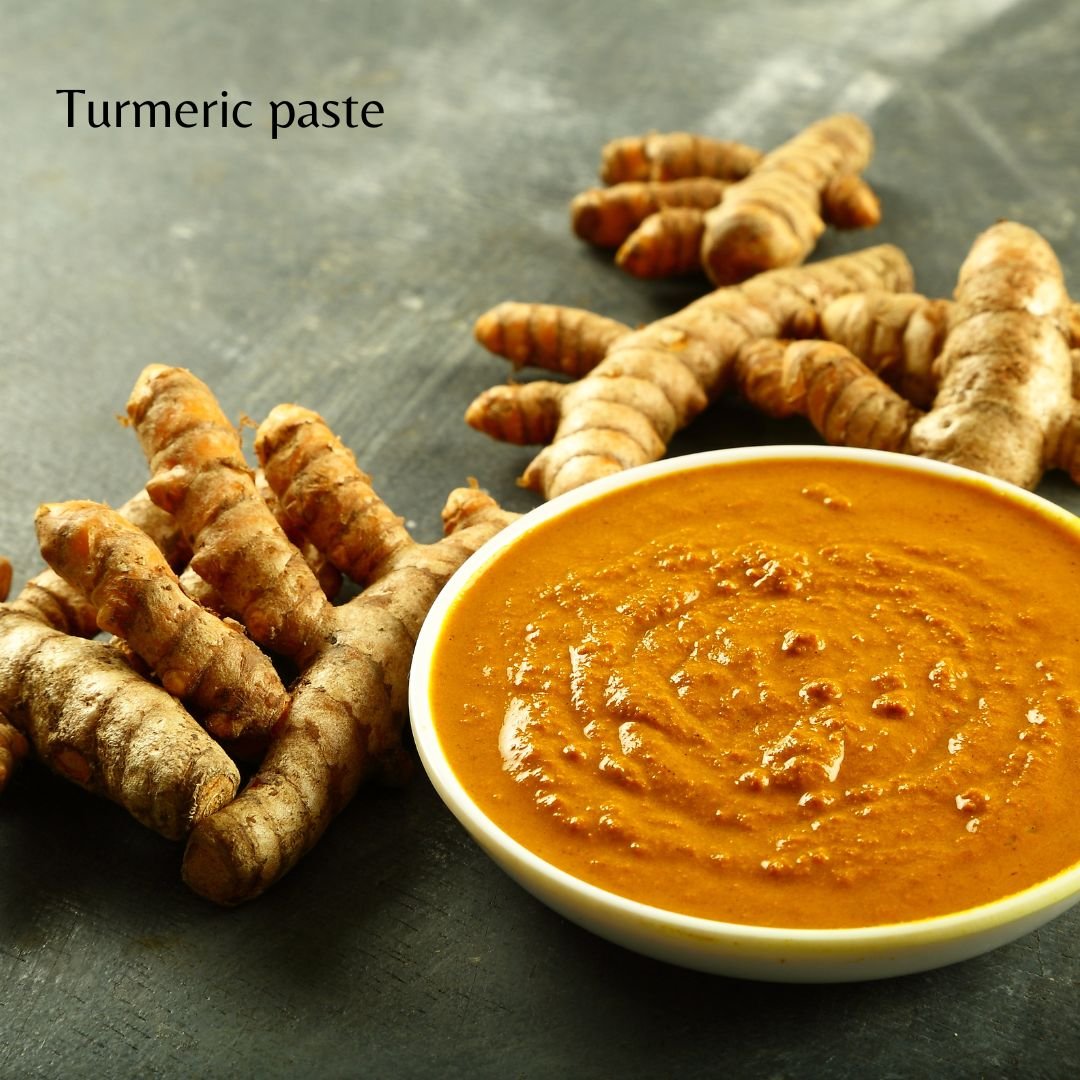





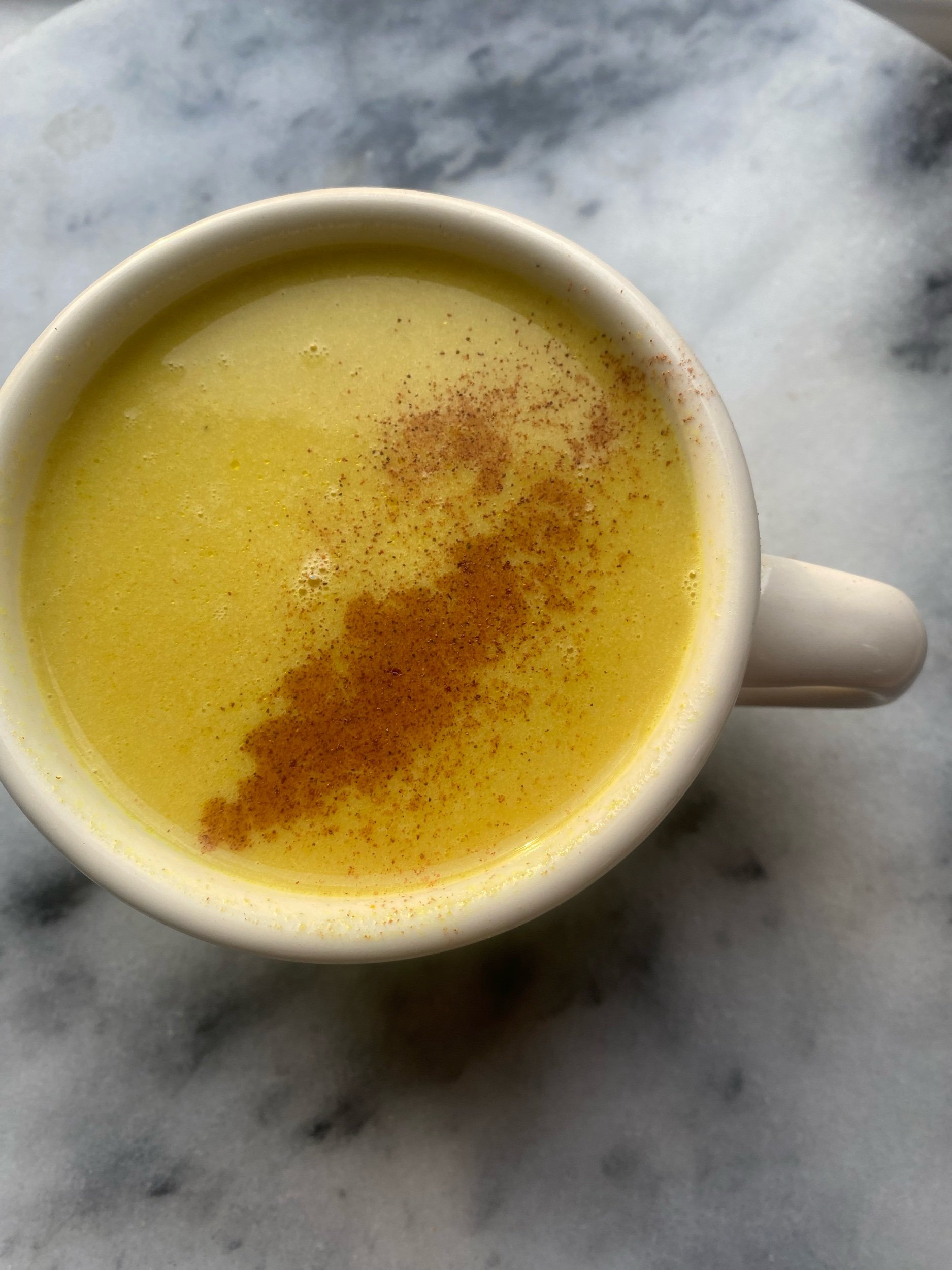

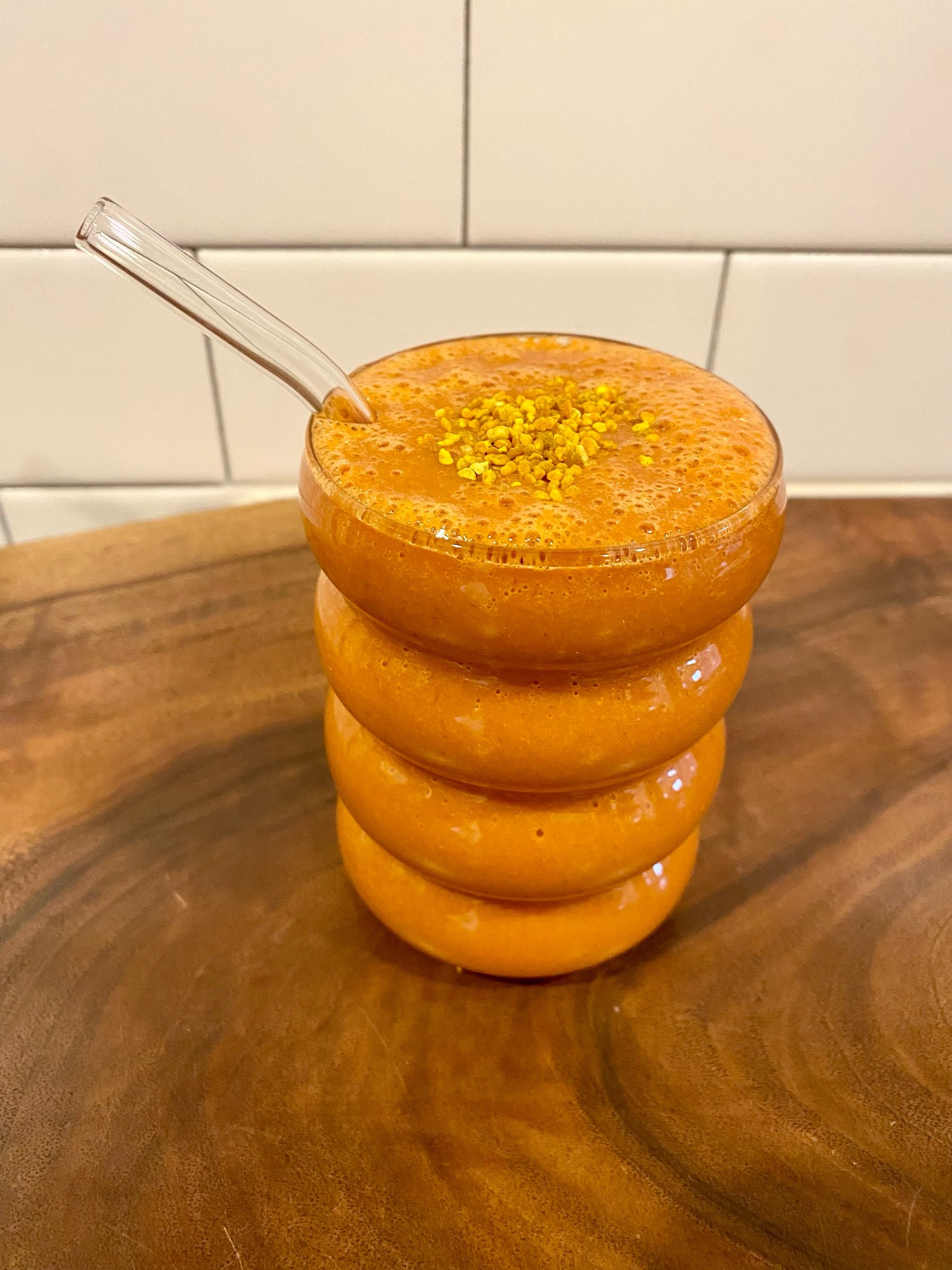




















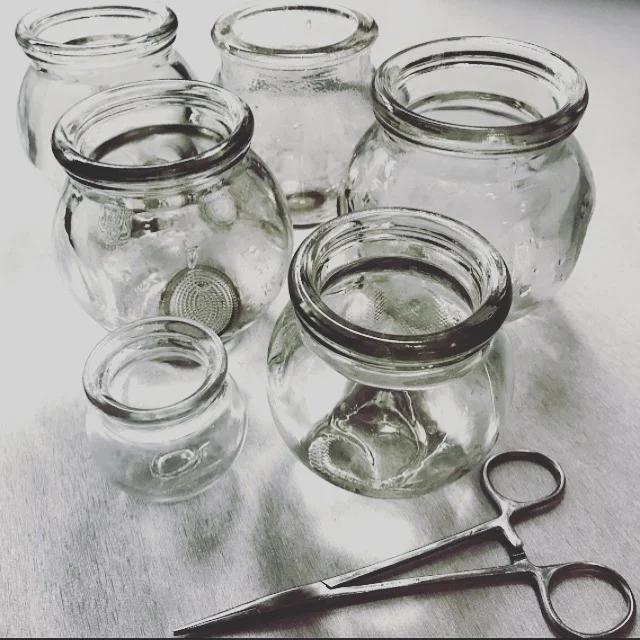

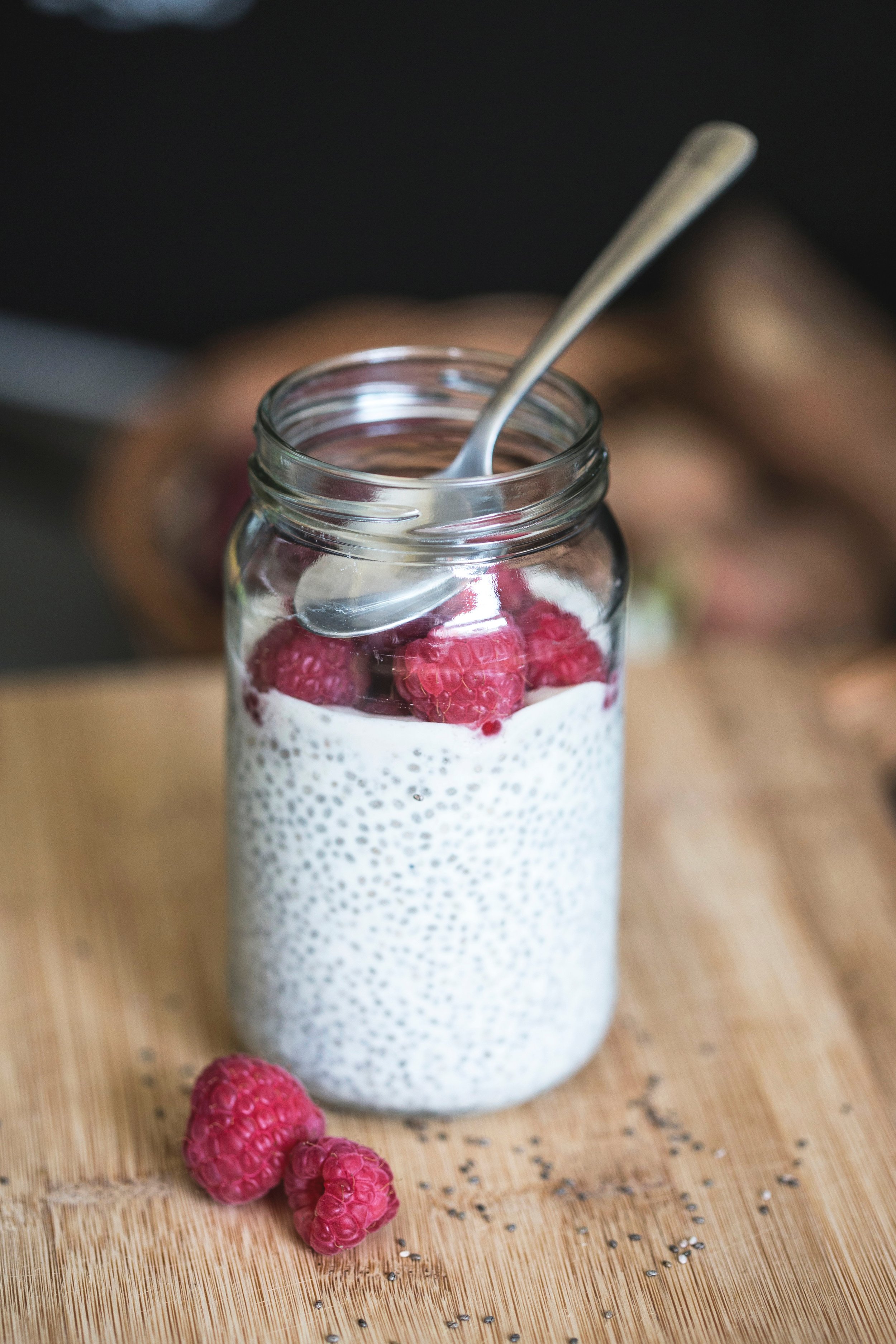





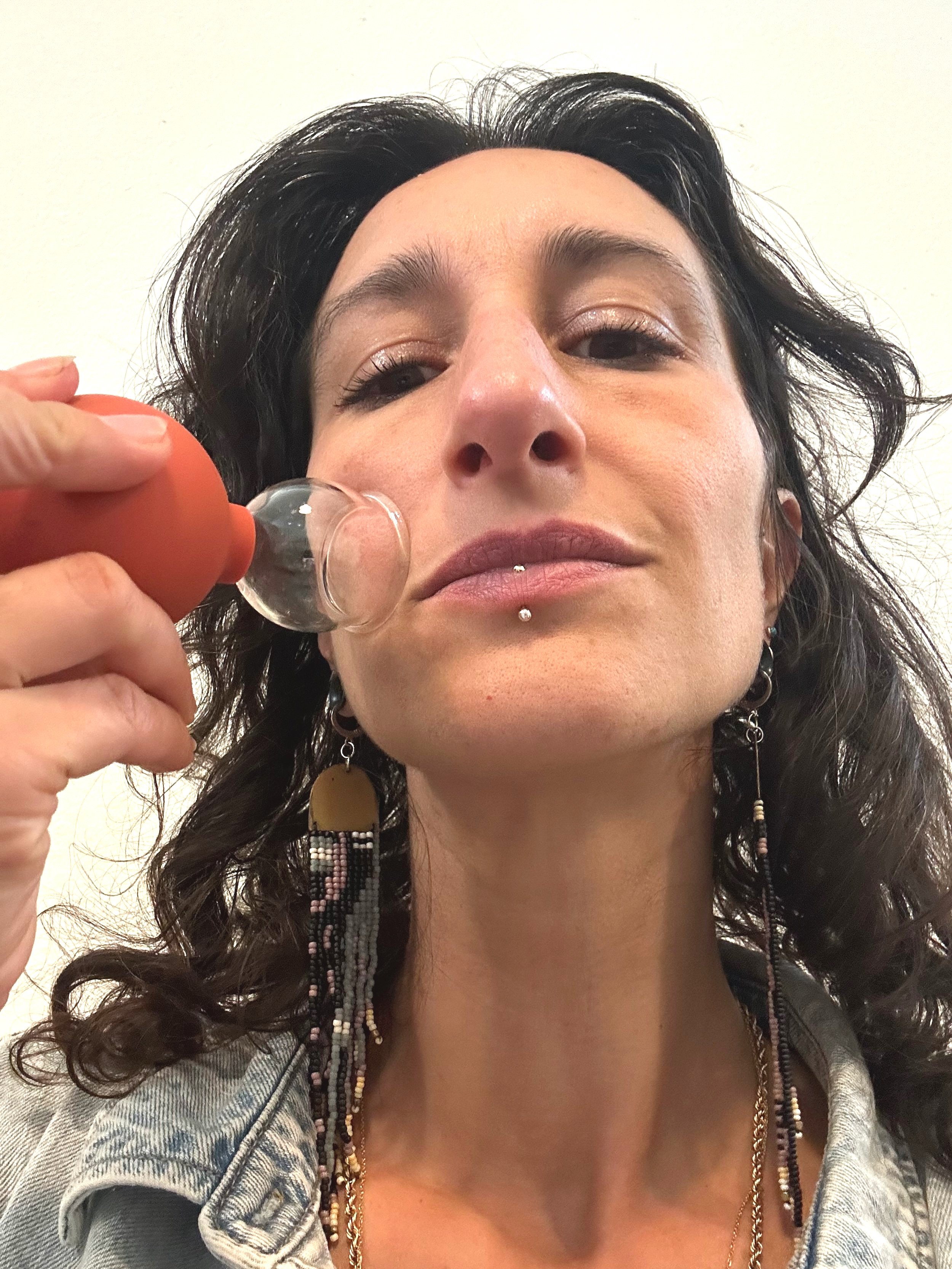

This simple receipe for nourishing chicken can easily become a staple in your household!